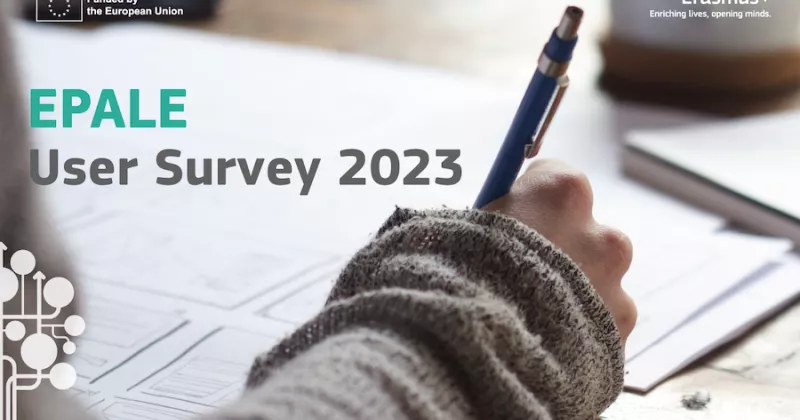Vocational education and training (training staff)
Overview
Erasmus+ supports the professional development of people working in vocational education and training (VET) through training periods abroad.
Training periods can be courses and training or job shadowing periods at a VET institution or another relevant organisation based in an Erasmus+ Programme country.
Examples of such organisations include businesses, public bodies, social partners, research institutes and non-governmental organisations.
Duration
A training period must last a minimum of two days and cannot last more than one month (for courses and training) and two months (for job shadowing). This excludes travelling time.
Conditions
For you to participate in training abroad with Erasmus+, your VET institution must apply to acquire an Erasmus accreditation in the field of VET or to participate in a short-term mobility project.
In both cases, organisations should adhere to a set of quality standards for mobility projects on good management practices, providing quality and support to participants, and sharing results and knowledge about the programme.
Before beginning your training period, you, together with your institution and the receiving organisation sign a Mobility Agreement. This document sets out your learning goals, rights and responsibilities and also how the teaching period will be formally recognised.
Financial support
EU grants are paid to the coordinating organisation (your institution or a consortium coordinator) and are designed to cover your costs for travel and subsistence during your time abroad, as well as offer organisational support to participating organisations.
In addition, the Erasmus+ programme provides means to support the inclusion of participants with fewer opportunities.
How to apply
You cannot apply for a grant as an individual. Applications must be made by VET institutions who in turn select candidates for training periods abroad from their staff. Organisations can also host teachers in training who want to spend a traineeship period abroad.
The selection of staff for training abroad should be fair, inclusive, transparent and well documented.
Find out more
Contact your VET institution to find out if these opportunities are available to you.
Consult the Erasmus+ Programme Guide for award criteria, eligibility criteria, and funding rules
The National Agencies can help with queries and applications.



